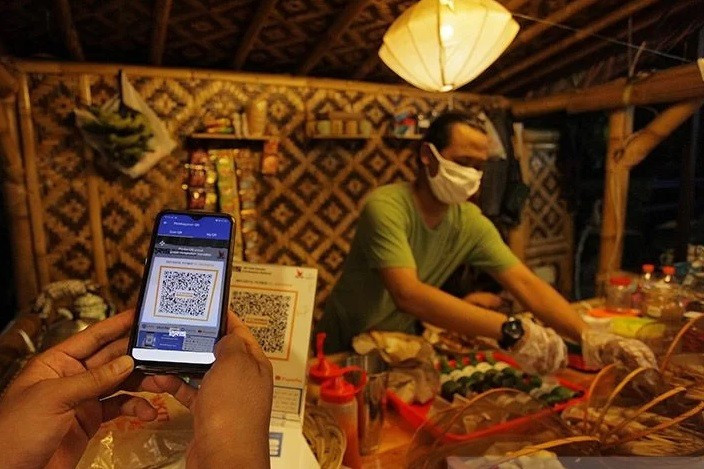Popular Reads
Top Results
Can't find what you're looking for?
View all search resultsPopular Reads
Top Results
Can't find what you're looking for?
View all search resultsEnergy transition or energy confusion?
The real test of PLN’s resolve — and by extension, the government’s resolve — in distancing itself from coal power is whether a switch toward greener supply is made even when it would entail some pain.
Change text size
Gift Premium Articles
to Anyone
A
decision announced last month by Japanese financiers to pull the plug on a coal-fired power plant to be built in West Java turned out, quite surprisingly, to have been initiated on the Indonesian side.
Coming amid growing international criticism of coal power, canceling the 1-gigawatt (GW) project seems like a bold step for a country that still banks on fossil fuel for most of its power production until well into the future.
The move was billed as part of the energy transition, with state-owned power provider PLN telling The Jakarta Post that “PLN took the initiative to stop borrowing [funds for the project] as part of PLN's efforts to reach [our] carbon-neutral goal by 2060”.
However, it is fair to assume that the questionable economics of the project may have played a role as well, given the massive excess electricity supply in the Java-Bali grid after the installation of new power generation capacity far outpaced consumption growth in recent years.
One can hope that the world is a different place in 2029, which is when the Indramayu power plant had been slated to commence commercial operations, so public excitement at its inauguration ceremony would probably have been muted, to say the least.
While this project may have met its premature (yet far from untimely) death, the real test of PLN’s resolve —and by extension, the government’s resolve — in distancing itself from coal power is whether a switch toward greener supply is made even when it would entail some pain, such as in regions that do not enjoy oversupply and where opting for cleaner alternatives requires extra investment.
During the United Nations Climate Conference (COP26) in Glasgow, Scotland, last year, Indonesia signed the Global Coal to Clean Power Transition declaration, with Energy and Mineral Resources Minister Arifin Tasrif announcing the government’s plan to review the opportunity to early retire coal-fired power plants with a total capacity of 9.3 GW before 2030 with funding support worth $48 billion.
Selling the demise of that project as being inspired by the energy transition is unconvincing because it was an ad-hoc decision rather than one guided by a new direction of political planning.
Such a change in direction would have to find its way into the government’s long-term electricity procurement plan (RUPTL), which is not the case — for now at least.
Leading to applause in some quarters and undoubtedly to apprehension in others, the move has come as a surprise to both camps and raises questions about the future of other projects. Therefore, it causes confusion for investors in coal and renewables alike.
Cross-border trade in electricity is another source of confusion. The Energy and Mineral Resources Ministry announced in October last year an agreement signed with Singapore for three solar power projects to be built in Riau Islands and electricity exports to the neighboring city-state.
The move, the ministry vowed, would not affect the domestic supply of new and renewable energy (EBT). But that thinking appears to have changed completely in the months since, with the Industry Ministry proposing in June a ban on EBT exports, arguing that such a move could discourage investment.
The government’s RUPTL is behind the curve, as financing options rather than road maps matter more on the ground. While funding for coal is slowly drying up in Indonesia, funding for renewables is hardly gushing in.











